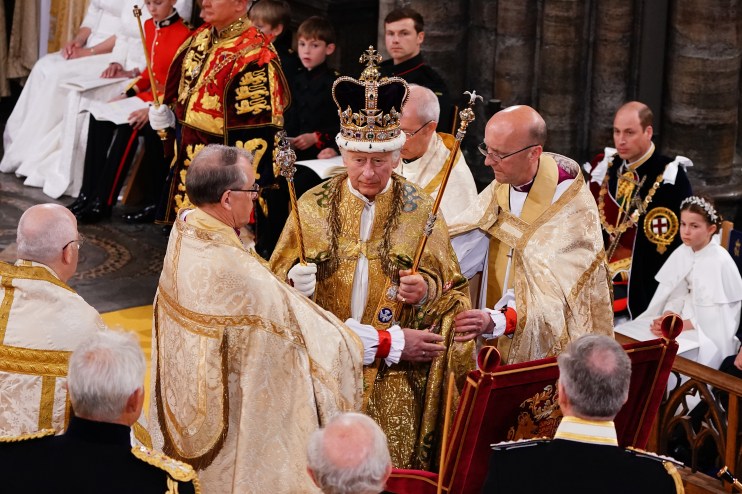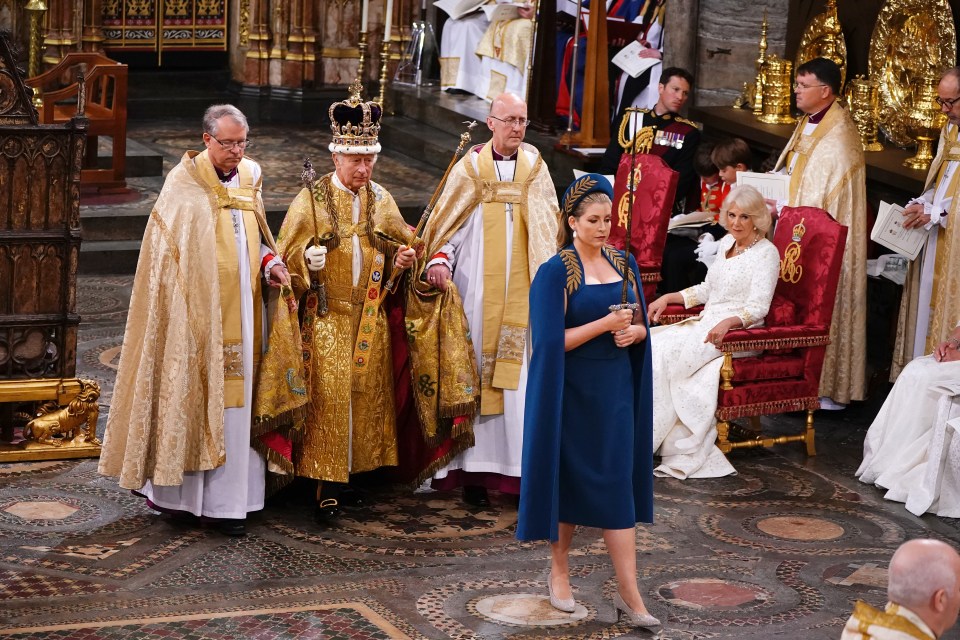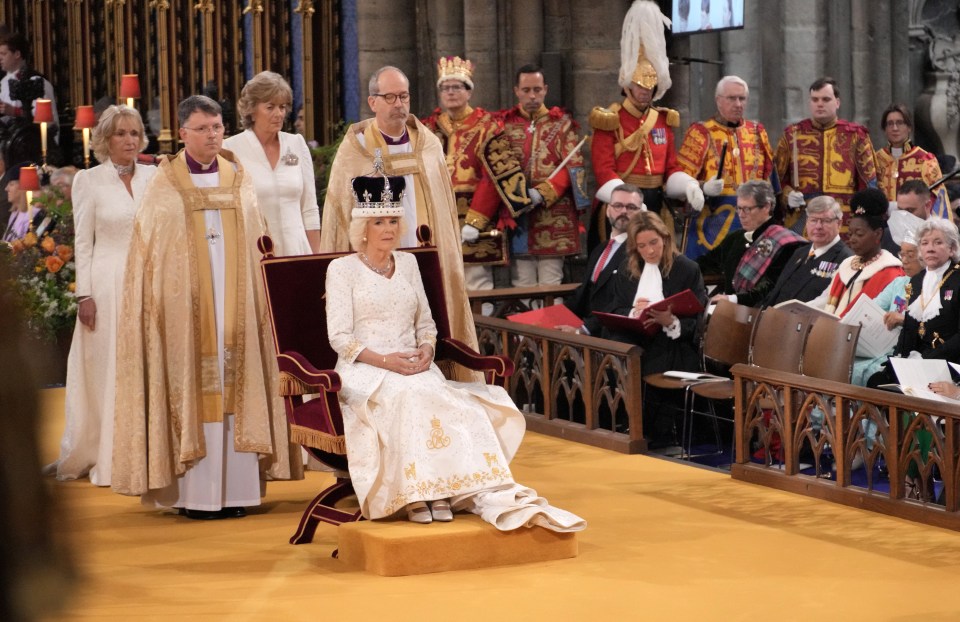Charles crowned King at Westminster Abbey as world watches

The King has been crowned the nation’s monarch and prayed to be a “blessing” to people of “every faith and conviction”.
Charles became the 40th reigning sovereign to be crowned at Westminster Abbey, the nation’s coronation church since 1066, as Archbishop of Canterbury Justin Welby placed St Edward’s Crown on his head.
The historic moment, watched around the globe, was a fulfilment of the King’s destiny, but followed the death of his mother, Queen Elizabeth II, last September after a 70-year reign.
The coronation was a deeply religious ceremony steeped in symbolism and its prayers took the theme of “Called to Serve”, an attribute associated with the late Queen who pledged her life to the Commonwealth.
Before the crowning the archbishop delivered a sermon to the 2,300 guests, a gathering of world leaders, celebrities, UK politicians, foreign royalty, everyday heroes and the royal family.
Mr Welby began by telling the congregation: “We are here to crown a King, and we crown a King to serve.”

‘Homage of the people’
Charles delivered a King’s Prayer, the first time a monarch has spoken words to God aloud during a coronation, and he touched on the duty of the sovereign to serve all communities.
In the stillness of the abbey, Mr Welby held St Edward’s Crown high above Charles and, placing it on his head, said “God save the King” – words repeated by the congregation.
A fanfare was played and the abbey’s bells rang for two minutes after the crowning, with gun salutes fired from nearby Horse Guards Parade, the Tower of London and saluting stations across the nation and from warships at sea.
In a change, the controversial “Homage of the People” element of the service has been toned down after there was widespread criticism of the new element.
Mr Welby will now “invite” a show of support from the congregation rather than a “call” to those in the abbey and elsewhere to swear allegiance to the King.
The coronation service began with a new element when the King was greeted by 14-year-old Samuel Strachan, the longest-serving chorister of the choir of the Chapel Royal, St James’s Palace.

Annointing
The chorister, who attends the City of London School, welcomed the monarch in the name of the “King of Kings” – a reference to Jesus Christ – and Charles replied: “In his name, and after his example, I come not to be served, but to serve.”
Charles was anointed with holy oil away from public view, shielded by the Anointing Screen. The Dean of Westminster will have poured oil from the ampulla – an eagle-shaped vessel – into the coronation spoon – the oldest object in the coronation regalia.
Using his fingers, the Archbishop will then have anointed the King on his hands, breast, and head. Thousands of royal fans have joined crowds in central London to celebrate the King’s coronation.
As anticipation mounted on Saturday morning, a group of republicans were arrested around 7.30am more than four hours before the coronation service began.
Footage on Twitter showed Graham Smith, chief executive of the anti-monarchy group Republic, being apprehended by police in St Martin’s Lane, Westminster.
Protest group Just Stop Oil also said approximately 13 demonstrators were arrested on The Mall, as well as five at Downing Street.
By Tony Jones, PA Court Correspondent
